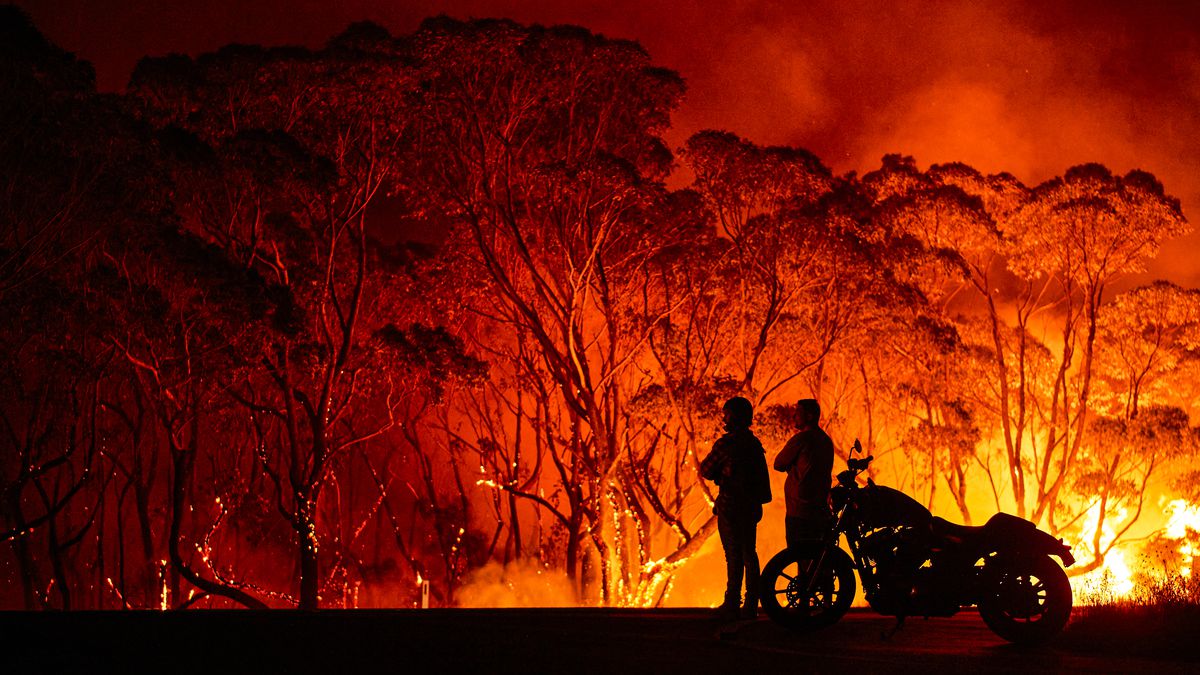It is difficult to talk about the current bushfire crisis facing Australia with anything close to the objectivity required of a journalistic article. As my home, I have struggled to come to grips with the scope of the disaster that has occurred here.
For a long time, we have had the benefit of sitting on the sidelines of the world. We have had our fair share of fires in the past, of droughts, floods and of manmade disasters too, but nothing has come close to this.
Our forests and bushland, homes and communities have been devastated. Country towns I’ve visited on holiday are gone or at risk of going soon. In a few towns, people have been forced to huddle on the beaches in the water as the fire has passed them by, while the sky has turned red around them.
At the time of writing, 25 are dead, 200 houses have been lost and an estimated 1 billion animals have been killed.
The media reports say that roughly 5 million hectares has been burnt. They keep comparing the scale of the fires to countries. The fires are as big as Belgium. No, they are as big as the Netherlands. They are five times bigger than the 2019 fires in California. No, six.
The scale of the fires is incomprehensible. That’s the reality. I live in Sydney, and one of the fires to the north of the city is bigger than the entire city.
What does it mean to have an entire city’s worth of forest to go up in flames? It means grey skies. The city has been blanketed with smoke, an eerie, apocalyptic reminder of the ferocity of nature on our doorstep. Office workers are wearing face masks, while children and the elderly are encouraged to stay indoors. Colleagues with asthma are struggling to breathe. Canberra, our nation’s capital, sits in a valley of smoke, with air quality reaching the worst in the world.
And we’re the lucky ones.
Sometimes I think about the futility of one person in all of this, but then I remember the resilience and strength of those who are trying to make a difference. It is easy to be cynical today or angry, and there’s good reason to be. It is harder to commit to doing something positive. So today I am donating to the RSPCA charity appeal , to help the animals who are wounded. Many people here are doing the same.
Over the long term however, disasters require a common humanity, an ability to understand the complexity of the world around us, an ability to appreciate nature and its needs. When I was young, I was taught about mother nature, a personification of nature as something with human characteristics. Like any relationship, we need to care and respect nature, if we want it to have care and respect for us. This symbiotic relationship has gone out of favour in recent years. We tend to see everything today as a transaction or as something to fight over. Anger and hatred have replaced the idea of symbiotic mutual respect. Yes, the reasons for the current fires is obvious. It is the warmest and driest summer on record. We can be angry about that, or we can encourage those around us to think about their relationship with nature and the planet.
It is easy to be angry.
But today, I am trying to remember what I love about my country. I am thinking about the cliffs along the shoreline and the Great Ocean Road. I am thinking about the blasted fields and the ridiculous insects. I am thinking about the beaches and the long winding roads. I am thinking about the long, deep history and the short lived remembrance. I am thinking about what it was to grow up here, in one of the wealthiest and luckiest countries in the world. And I am remembering what we have lost, and why we need to keep fighting to save the Australia of my childhood.
Today, Australia is burning.
But the future dreams of this country are very much alive.

